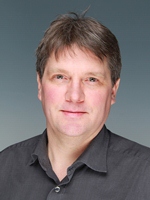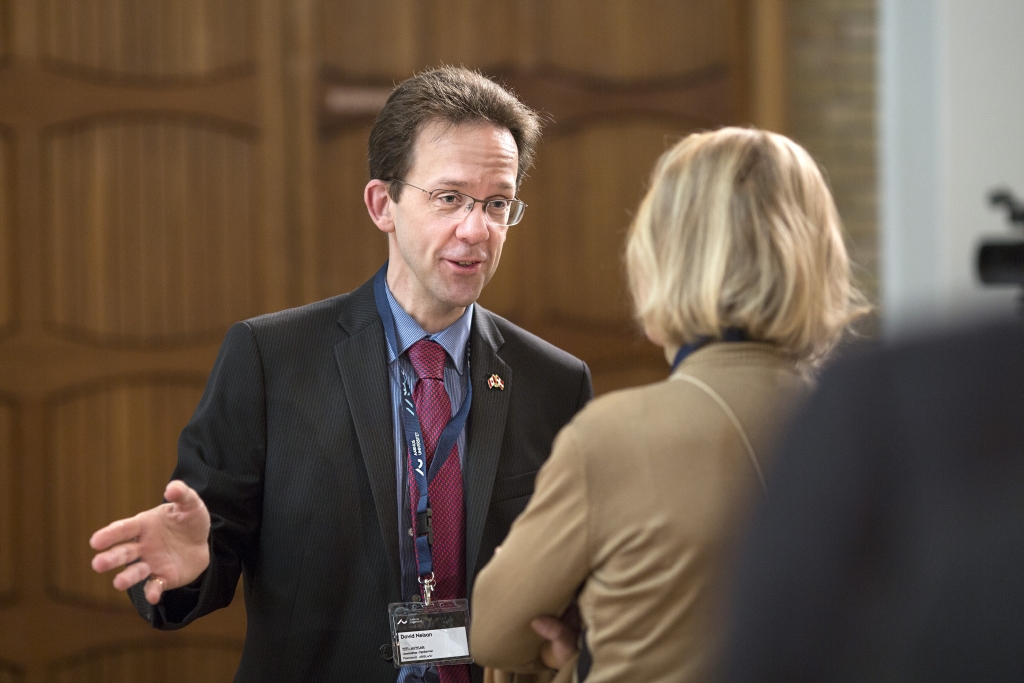DKK 38 million to a new generation register
Aarhus BSS’ Centre for Integrated Register-based Research, CIRRAU, is among the participants of a large project, which will establish a new multi generation register in Denmark. The new register combines data from hand-written church books and data from the Danish Civil Registration System. The Novo Nordisk Foundation has funded the project with a donation of DKK 38 million.

“I’m honoured and proud to be part of a novel collaboration between the Danish National Archives, University of Copenhagen, the Coordinating Body for Register-based Research and CIRRAU at Aarhus University, to establish the Danish Multi Generation Register and use it to better understand the cause of severe mental disorders for the benefit of patients, their relatives and society,” says professor Carsten Bøcker Pedersen at CIRRAU at Aarhus BSS, Aarhus University.
CIRRAU with Carsten Bøcker Pedersen in the lead will work on the new multi generation register together with the Danish National Archives, University of Copenhagen and the Coordinating Body for Register-based Research. The Novo Nordisk Foundation has made the project possible with its donation of DKK 38 million.
Denmark has long held a unique position within register-based research. Established in 1968, the Danish Civil Registration System contains information on all Danes resident in Denmark 1968 or later, with information on personal identifier and parents’ personal identifier. The register is the foundation of many studies, investigating clustering of disease and traits in families. One challenge, however, is that parental information is available only for all persons born 1960 or later, limiting true multi generation studies.
Established in 1645, the Parish Registers contain identical information to that recorded in the Civil Registration System, although only manually recorded and without records of personal identifier (CPR number).
The Multi Generation Register will combine data from the two sources and include persons born in Denmark 1920 or later and their relatives.
The Multi Generation Register will substantially increase novel research possibilities for Danish researchers. Examples include extended studies of family clustering of disease, multi-morbidity disease trajectories across generations, and the joint effects of the genetic and environmental architecture of traits and diseases.
“CIRRAU will generate data for training artificial intelligence, which will be used to transcribe all church books. We will also be in charge of linking the official Civil Registration System with the electronically transcribed church books,” explains Carsten Bøcker Pedersen.
The project is expected to be completed in 2025.
